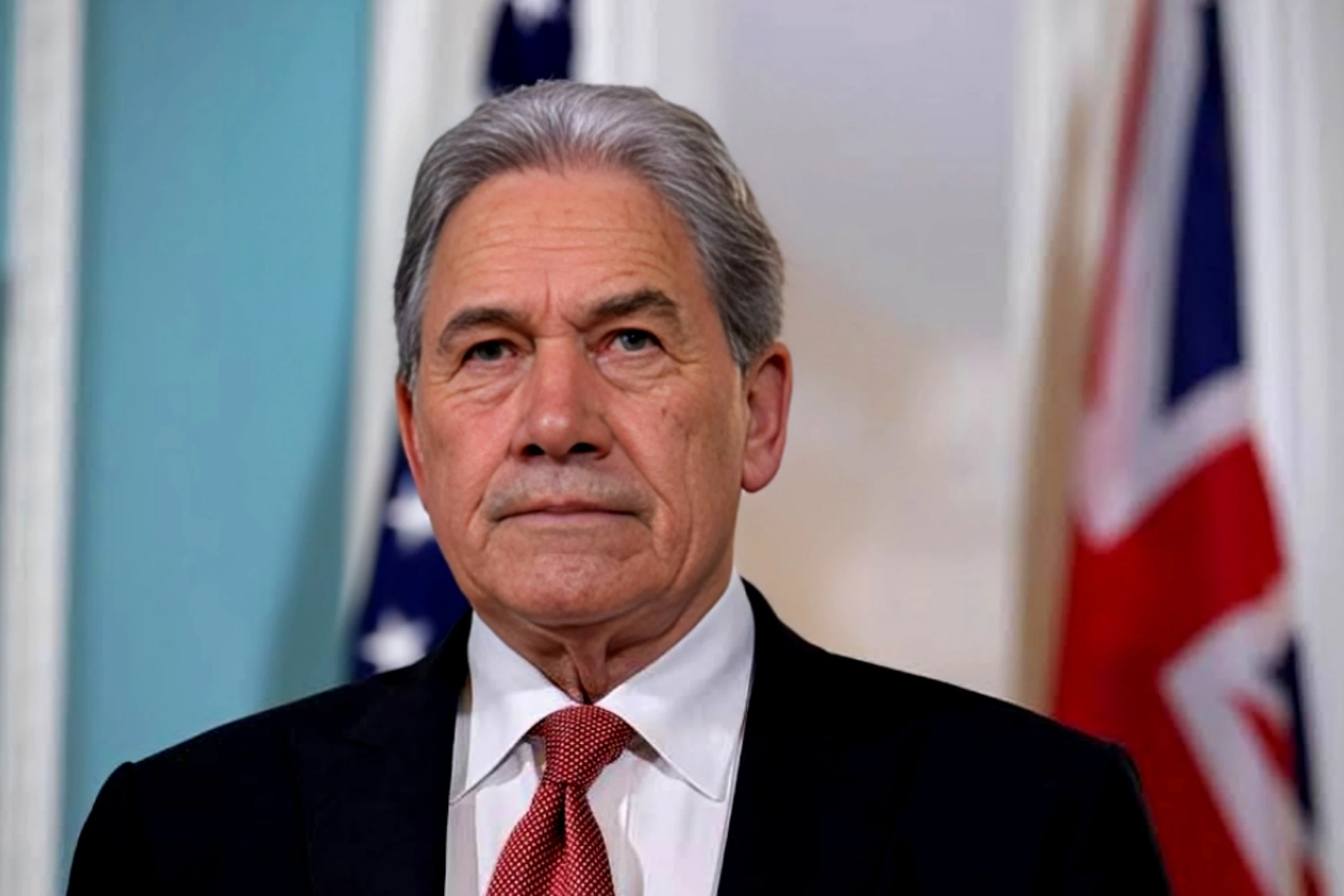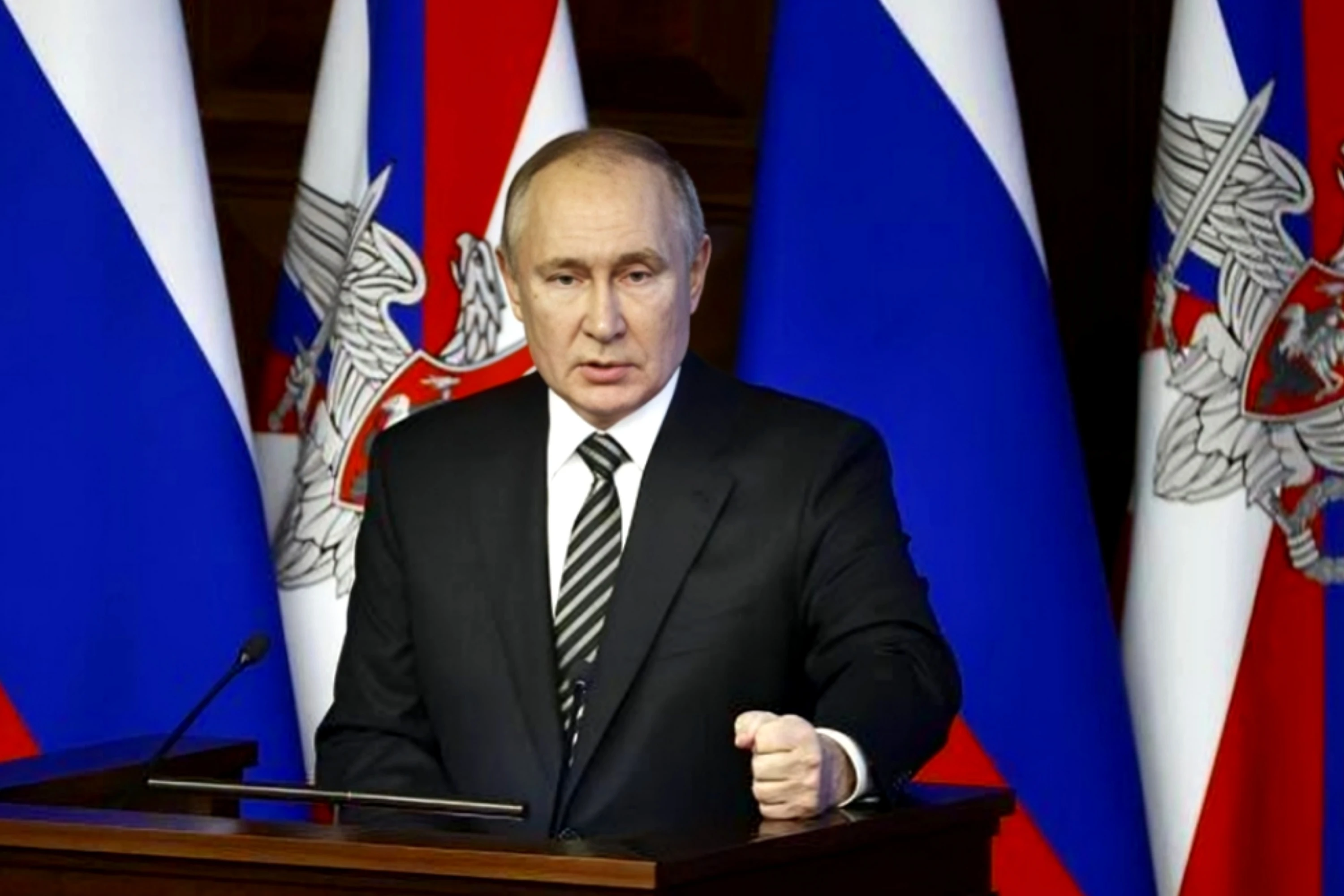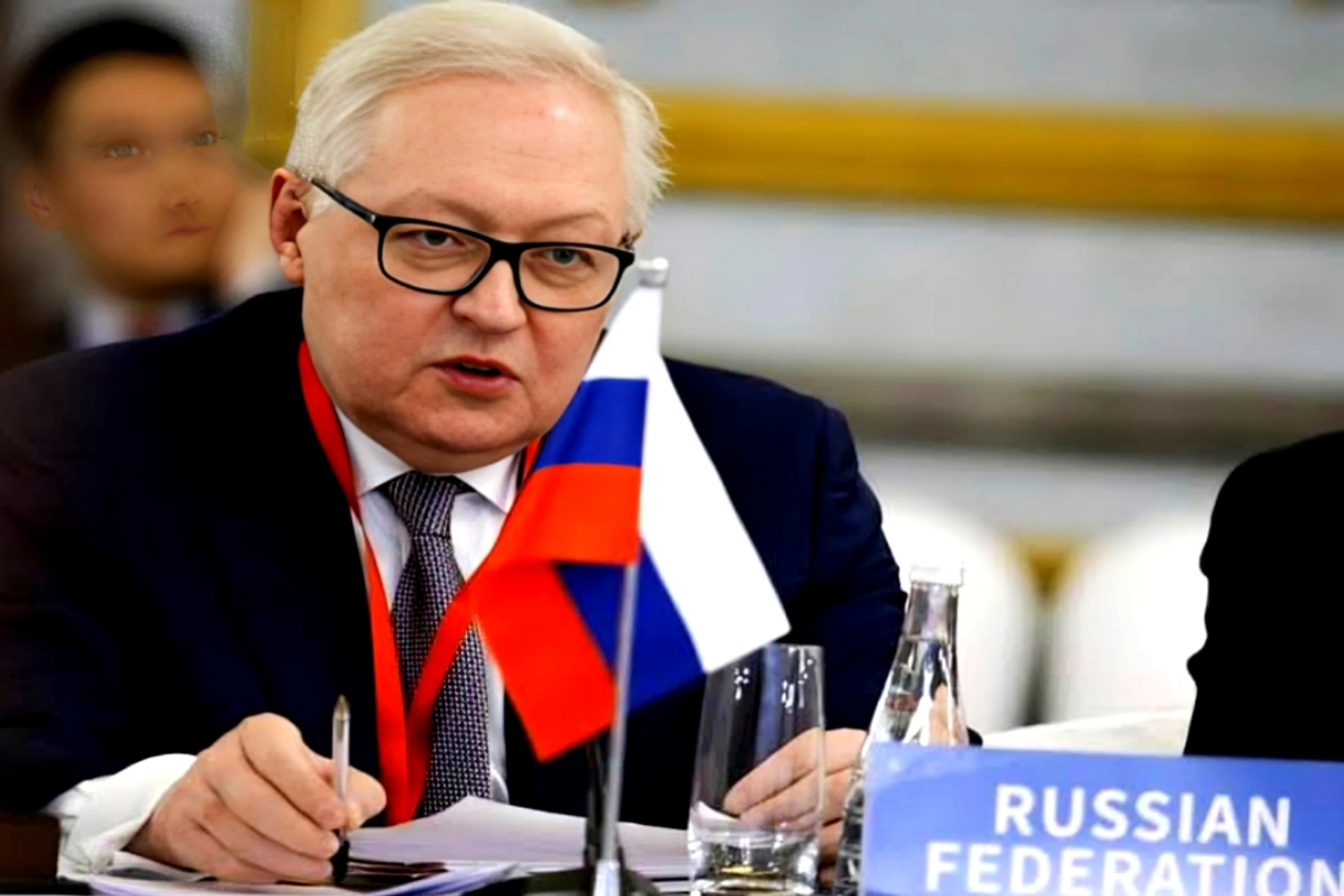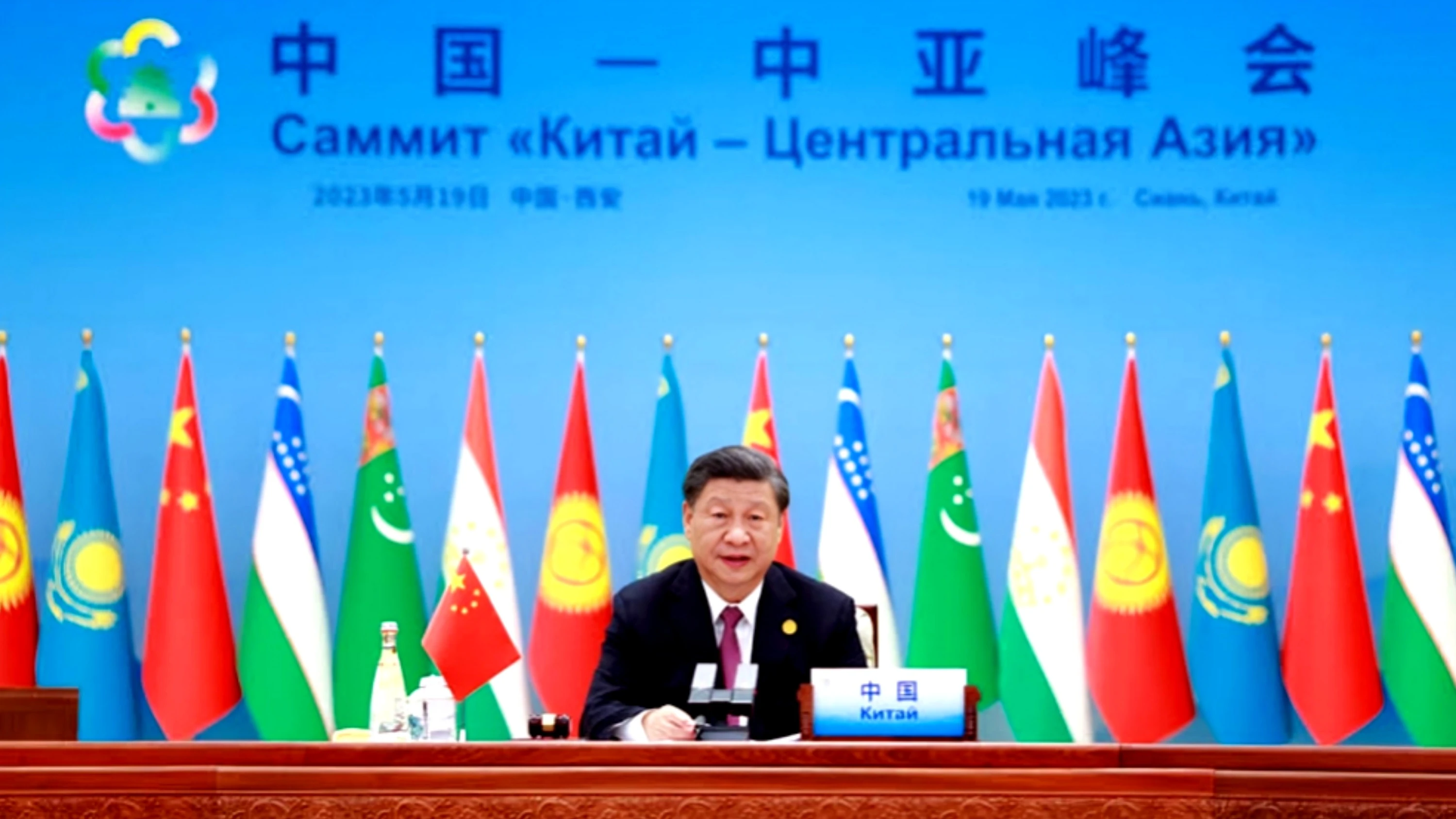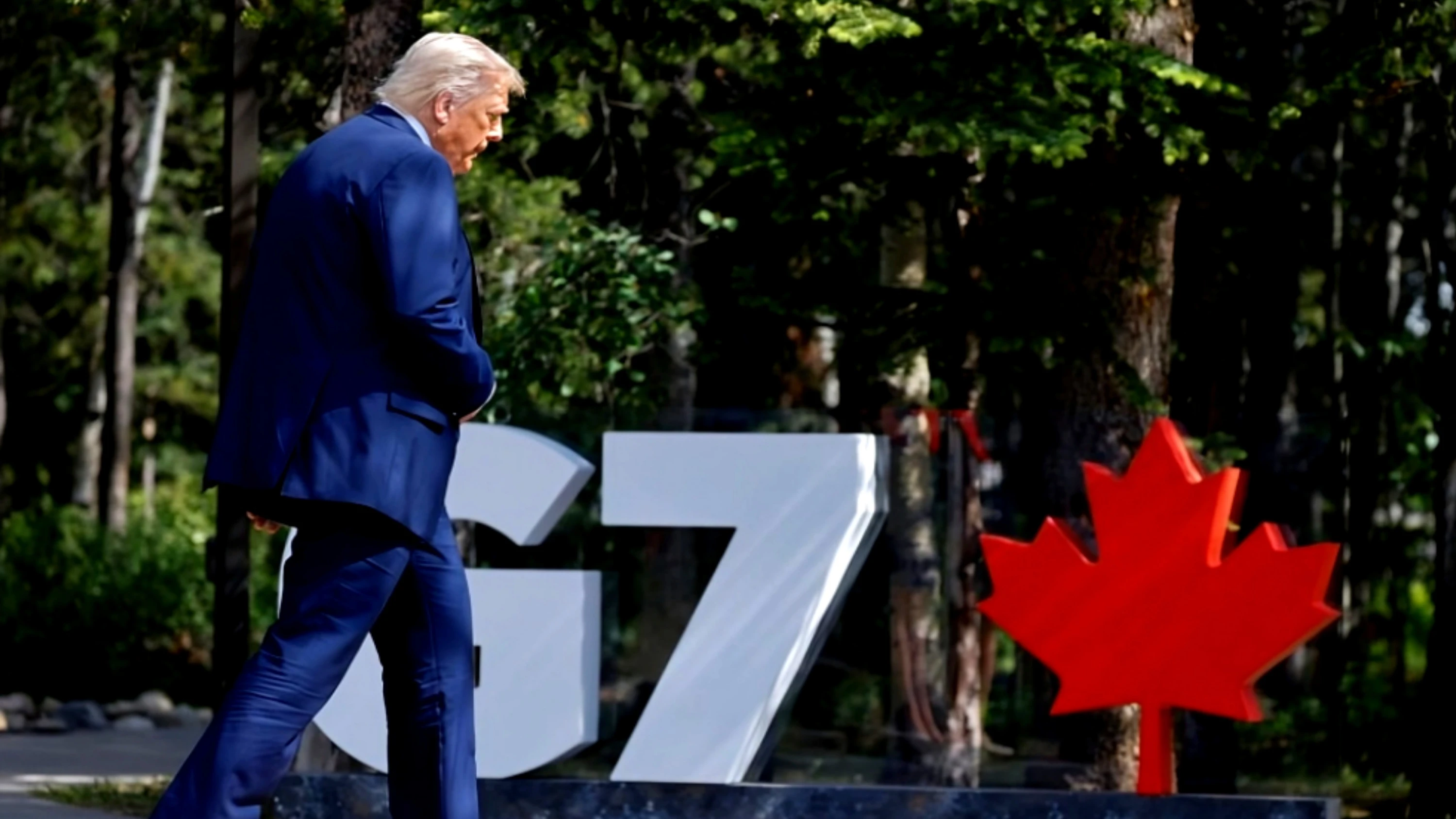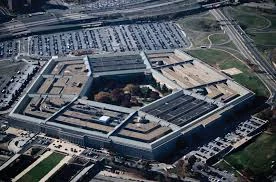Wellington: New Zealand has put a halt to millions in aid funding destined for the Cook Islands, signalling a worsening diplomatic rift between the two nations, which share a constitutional link. The move comes amid growing unease in Wellington over the Cook Islands’ increasingly close relationship with China.
According to a spokesperson for Foreign Minister Winston Peters, New Zealand decided in early June to suspend NZ$18.2 million (US$11 million) in funding intended for the 2025-26 financial year. The aid freeze, the spokesperson noted, stems from the fact that the support is based on a “high trust bilateral relationship,” which has been strained by recent developments.
New Zealand and Australia have both voiced mounting concerns over China's strategic expansion into the Pacific, viewing it as a potential challenge to regional security. Earlier this year, Wellington also halted fresh development assistance to Kiribati, another Pacific island nation, citing similar concerns.
“No significant new funding will be considered until the Cook Islands Government takes clear steps to rebuild the relationship and restore trust,” Peters’ office said. However, it added that New Zealand remains open to re-engagement, should the Cook Islands address the current concerns swiftly.
The Cook Islands’ Ministry of Foreign Affairs and Immigration (MFAI) responded by reaffirming its commitment to the relationship with New Zealand and expressed gratitude for past development assistance. It acknowledged a “breakdown and difference in interpretation” regarding consultation expectations and said this was being urgently addressed.
The announcement of the funding freeze coincides with New Zealand Prime Minister Christopher Luxon’s visit to China, where he is scheduled to meet Chinese President Xi Jinping and Premier Li Qiang. Luxon is expected to raise the issue of China's growing influence in the Pacific, particularly the recent strategic agreements signed between China and the Cook Islands.
Although the Cook Islands remains a self-governing nation in free association with New Zealand — with its citizens also holding New Zealand citizenship — the lack of prior consultation with Wellington before signing a February partnership agreement with China has become a flashpoint. That agreement, signed by Cook Islands Prime Minister Mark Brown during his visit to China, includes cooperation on deep-sea mining, education, and other sectors, though it excludes security matters.
New Zealand claims that the Cook Islands breached their bilateral understanding by not consulting on the partnership documents. Prime Minister Brown was informed of New Zealand’s funding decision via a letter in early June.
Despite the tensions, the MFAI emphasized that New Zealand remains the Cook Islands' “closest partner for security and defence.” It noted that a bilateral dialogue mechanism has already held two meetings, aiming to manage the risks arising from the China agreements.
Minister Peters’ spokesperson stated that the episode underscores a broader misunderstanding of the expectations tied to the countries’ special relationship. “Trust and meaningful engagement are the foundation of free association,” the statement said.
Commenting on the development, Anna Powles, a security studies expert at Massey University, criticized the aid suspension as a short-sighted move. “Using aid as a form of leverage tends to backfire,” she said, recalling that similar tactics — such as sanctions against Fiji after its 2006 coup — yielded limited results. She warned that such actions might further encourage Pacific nations to turn toward Beijing.
“China is very much part of this equation,” she added.


